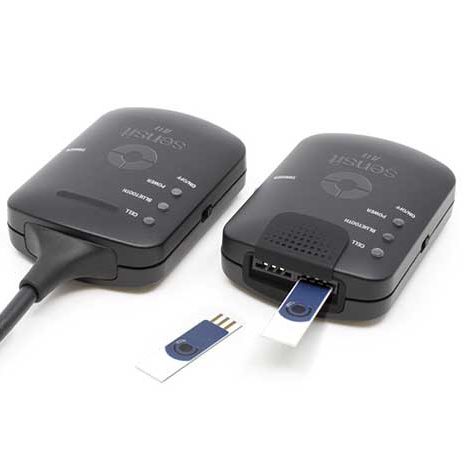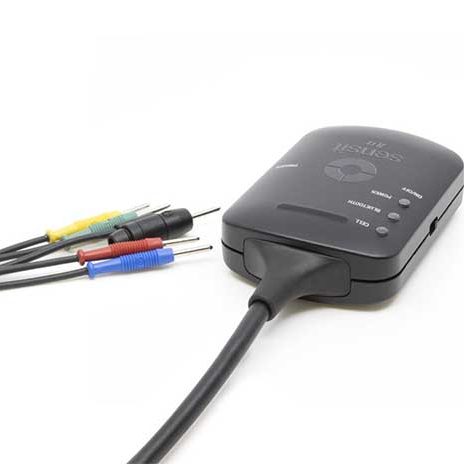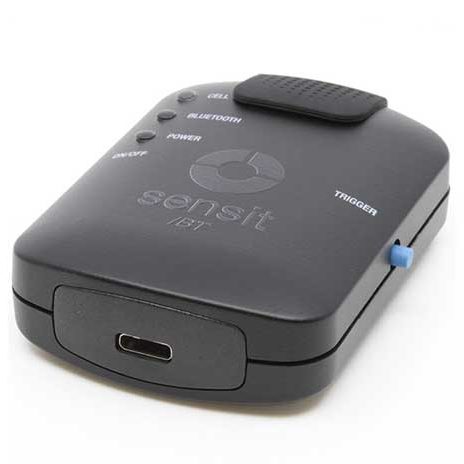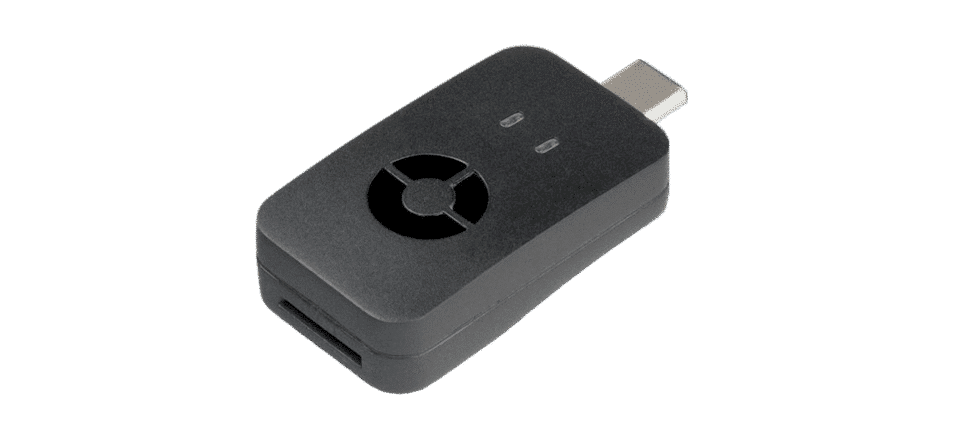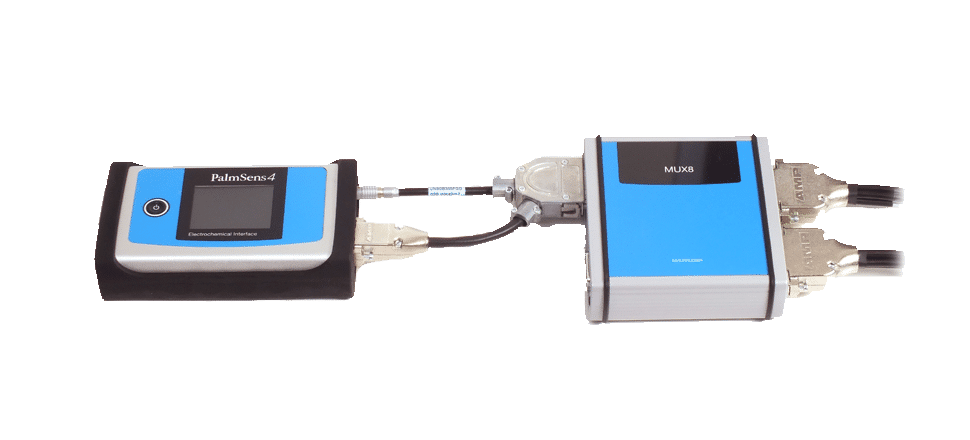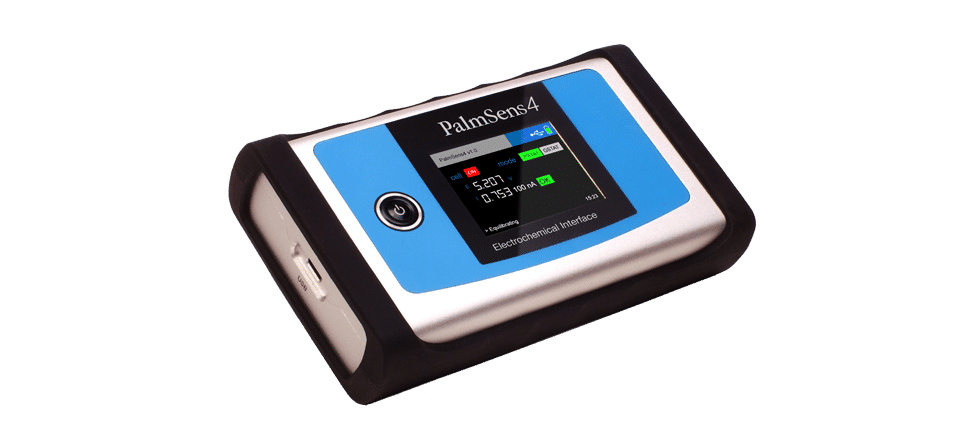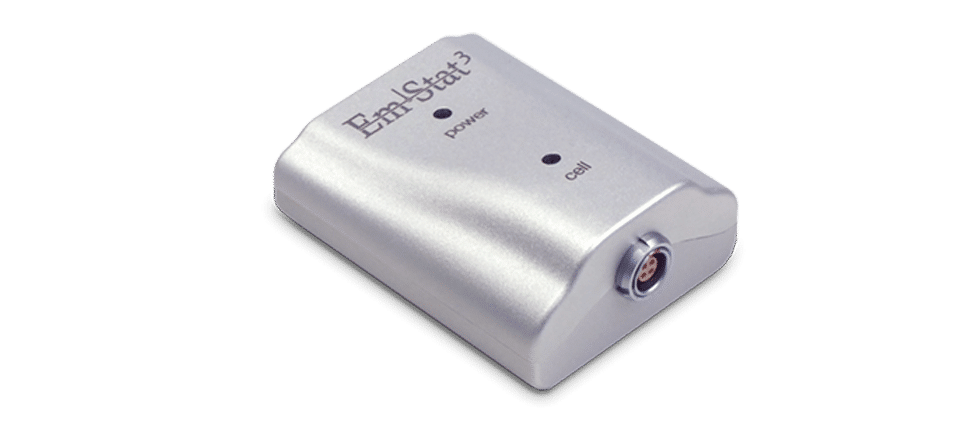Sensit BT
Palmsens
Sensit BT – Wireless precision for your electrochemical measurements.
The Sensit BT is an advanced electrochemical sensor from PalmSens, combining the latest Bluetooth technology with high-performance measurement capabilities. Compact and portable, this device is engineered for seamless integration into various analytical and research scenarios. Its wireless connectivity facilitates easy data transfer and real-time analysis, making it an excellent choice for both field and lab environments.
Advantages
- Bluetooth-enabled for wireless communication and data transfer
- High-precision electrochemical measurement capabilities
- Supports a wide range of electrochemical techniques including CV, LSV, and EIS
- Compact and lightweight design for portability and convenience
- Easy integration with PalmSens software for advanced data analysis
- Battery-operated for flexibility in remote and field applications
The Sensit BT offers a high level of performance and convenience in a compact, Bluetooth-enabled package. Designed for a variety of electrochemical techniques such as cyclic voltammetry (CV), linear sweep voltammetry (LSV), and electrochemical impedance spectroscopy (EIS), it provides accurate and reliable measurements. The wireless Bluetooth feature allows for seamless data transfer and real-time monitoring, enhancing the user experience. With its lightweight and portable design, the Sensit BT is ideal for fieldwork, remote research, and laboratory use. The device is powered by batteries, ensuring flexibility and ease of use in various settings.
| Specification | Detail |
|---|---|
| Supported Techniques | CV, LSV, EIS, CP, CA, OCP, and more |
| Potential Range | ±10 V |
| Potential Resolution | 0.1 mV |
| Current Range | ±1 nA to ±1 A |
| Current Resolution | 0.01% of range |
| Frequency Range | 1 µHz to 1 MHz |
| Connectivity | Bluetooth, USB |
| Software | PalmSens Software (PSTrace) |
| Power Supply | Battery-powered |
| Dimensions | 12.0 x 7.0 x 3.0 cm |
| Weight | 250 g |
- Field research and environmental monitoring
- Electrochemical sensor development
- Corrosion testing
- Chemical and material analysis
- Bio-electrochemistry and biomedical research
